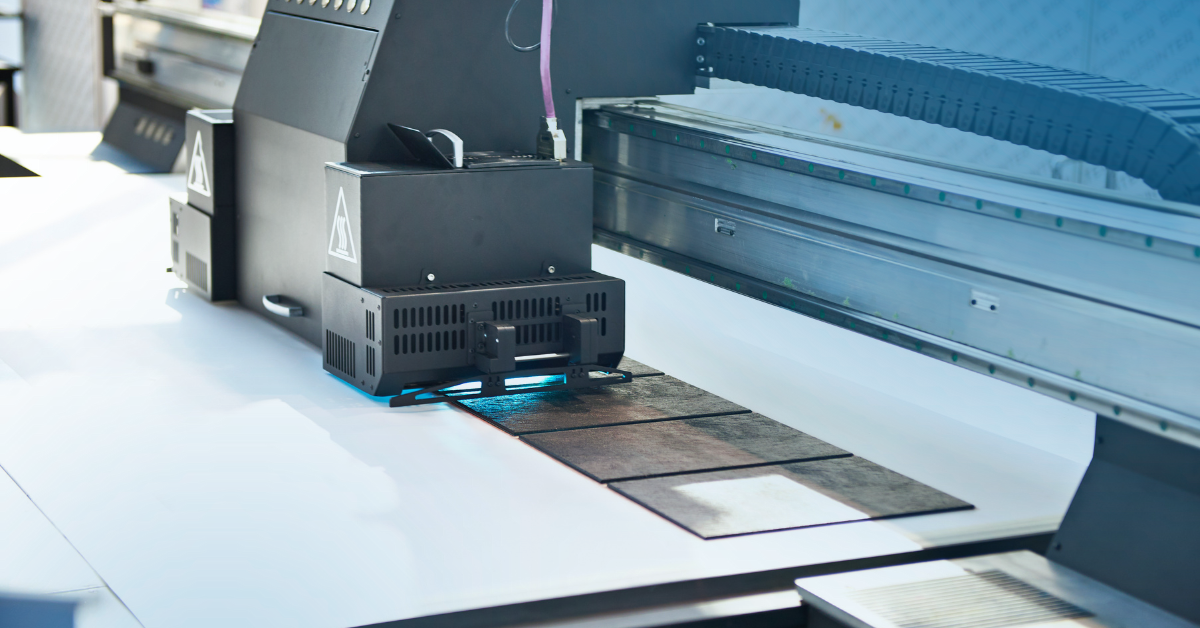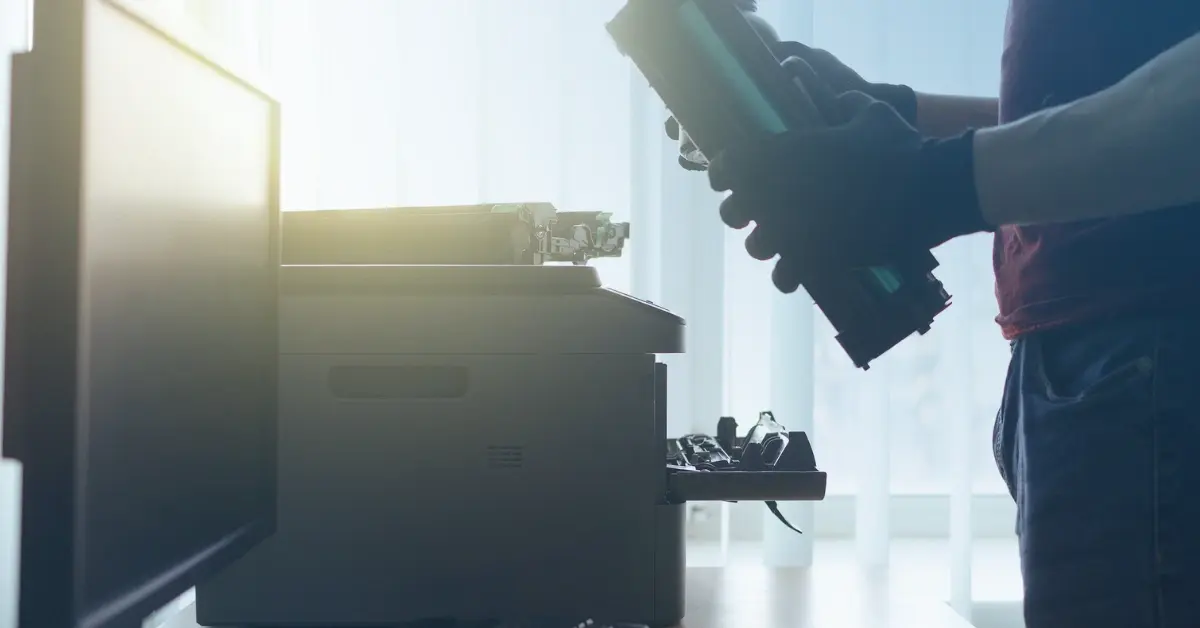Improperly Recycled Toner Cartridges Cause Environmental Damage

Being eco-conscious is not something individuals or businesses can afford to ignore. Many of us are doing our part to reduce waste and minimize our carbon footprint, but are we doing enough?One area where we might not think about making environmentally friendly choices is printer ink and toner. Remanufactured ink cartridges are popular for those looking to save money and reduce their environmental impact, but not all remanufactured cartridges are created equal. When it comes to MICR or Magnetic Ink Character Recognition ink and toner used for check printing, using remanufactured cartridges can cause long-term damage to MICR printers because of their lack of compatibility, and affect the print quality and security of checks. With MICR being a banking requirement by the American Banking Association for printing checks, using the highest quality OEM MICR cartridge is extremely important. You can read all about the key differences of OEM MICR cartridges and remanufactured cartridges in one of TROY's "Know The Difference" blog posts here.
The Process of Recycled Toner Cartridges
First, let's do a quick recap of the remanufacturing process itself. Remanufactured MICR cartridges are created by refurbishing used OEM cartridges by a third party. This process involves disassembling the cartridge, cleaning it, replacing worn or damaged parts, and refilling it with ink. You might see these labeled as "remanufactured", "compatible", or "clone" but they all have a significant effect on quality.
The idea is to extend the life of the cartridge and reduce the need for new ones. While remanufactured MICR toner cartridges can cause damage to printers and the quality of printed checks, recycling products such as ink cartridges is important because of their makeup. which contains metals plastic, and glass. E-waste like this can be extremely harmful to the environment. Repurposing these materials helps conserve natural resources and reduces the need for raw materials.
However, the problem is that remanufactured cartridges sold by third-party suppliers don’t come with any guarantees of quality, security, or that they will be disposed of properly after usage.
Environmental Impacts of Improperly Recycled Toner Cartridges

While the concept of remanufacturing is attractive to businesses looking to save a little money, the devil is in the details. Cartridges that are not recycled properly can end up in landfills, where they release harmful toxins into the environment over time. More than 375 million ink and toner cartridges are disposed of annually, ultimately finding their way into landfills. If we look a little deeper, that means that 11 ink cartridges are improperly disposed of every second in the US, equating to 1 million in a single day.
Not only that, but the amount of time it takes for these cartridges to break down is shocking. For a cartridge to fully break down, it will take between 450 and 1000 years on average. This means that ink cartridges from prior generations that weren't recycled properly are still in landfills, and they're not going away anytime soon.
While remanufactured cartridges are "recycled," they end up doing quite the opposite of helping a business go green. Because these cartridges are sold by third parties that lack recycling programs and print quality, 90% of them are thrown away irresponsibly.
This creates quite the paradox, doesn't it? In the case of MICR ink cartridges, how do businesses that need to print checks, sometimes hundreds to thousands a day, get around using quality MICR and being environmentally responsible at the same time?
Recycle toner cartridges properly with HP and TROY
TROY and HP have a solution for you. OEM companies like HP not only manufacture quality toner cartridges but also have made a commitment to recycle them properly once they’ve reached their end-of-life. HP Planet Partners "closed loop" recycling process helps repurpose and recycle equipment and printing supplies that have reached end-of-life. TROY's recycling partnership with HP has been a staple in our business for 20 years, and it continues to help the environment from further damage.
Through this program, TROY and HP give customers pre-paid shipping labels to return empty cartridges back for recycling. Recycled cartridges are sorted and disassembled, with any remaining particles of toner disposed of in a sustainable manner. Pieces of plastic and metal become raw materials for new, high-quality toner cartridges, while smaller, unusable bits will go on to create everyday items.
Make The Right Choice with TROY
While recycled toner cartridges have the potential to be environmentally friendly and cost-effective, the dangers of improperly recycled cartridges cannot be ignored. By making informed choices to recycle through purchasing ink and toner cartridges from responsible distributors like TROY, consumers can help mitigate these risks and contribute to a more sustainable printing industry. Remember that being eco-conscious goes beyond just the initial purchase; responsible disposal and recycling play a crucial role in reducing the dangers associated with remanufactured ink cartridges. With TROY, you can help stop environmental damage.
For more information, visit our website.
Related Posts

What is UV Printing? UV Curable Inks for Packaging
Ultraviolet, or UV printing is an advanced digital technology that cures specially designed inks using UV light. This process creates sleek, vibrant designs that dry instantly,..

Here's How to Beat Upcoming Postage Rate Increases
In 2024, a notable increase in postage costs became a reality. With postage increases expected to occur multiple times a year, it's important to be prepared for what's coming.

What is MICR Toner? A Guide for Check Printing
What is MICR? MICR stands for Magentic Ink Character Recognition, and it plays a critical role in check printing. If you're printing checks for your business, you should always be..



Leave a Reply